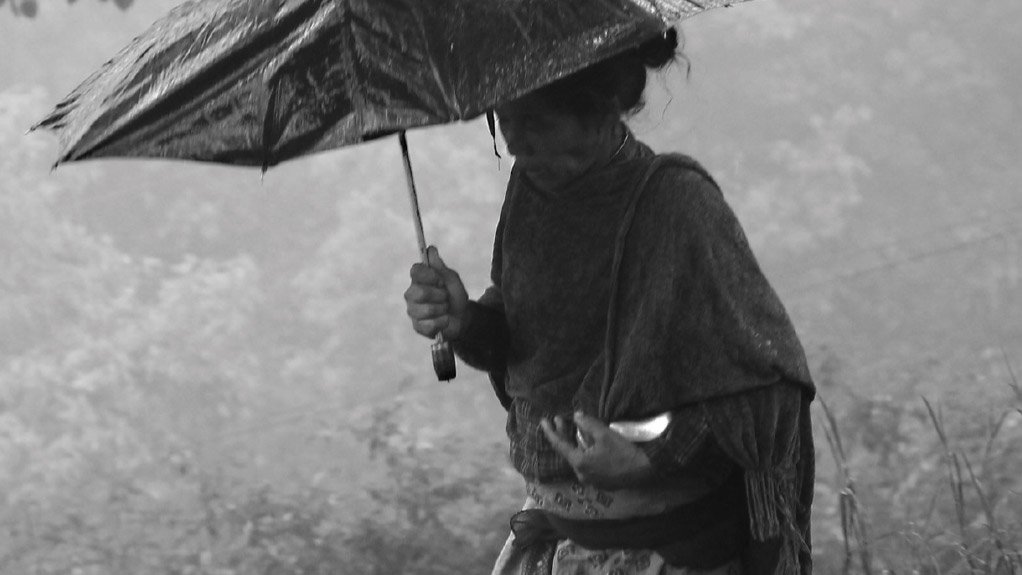- The 2017 Nepal flood response: resources beyond international humanitarian assistance2.96 MB
This case study contributes to HPG’s research on ‘non-traditional’ sources of assistance in crises. The project tests the hypothesis that international humanitarian assistance, while often the most visible source of help, is not always the most significant to people affected by crisis, either in quantity (the value of what they receive) or quality (in terms of appropriateness and timeliness, for example). International assistance may only be the tip of the iceberg of the resources that households draw on in crises.
This paper investigates how affected people coped with the impact of floods in southern Nepal in 2017, with a particular focus on resources – monetary and in-kind – beyond those from the international humanitarian system. The study focuses on the worst-affected district, Saptari; days of constant rain in July and August 2017 led to rivers bursting their banks, inundating houses and fields, blocking access and displacing thousands of people. The research shows that the response of the Western international system (the UN and INGOs) played only a minor role, accounting for around a sixth of the resources that affected households said they received.
As well as presenting findings on the sources of assistance to households affected by the 2017 floods, this report offers recommendations for how to more accurately use data to track where aid goes and where it is needed the most. It advises strengthening data-gathering processes in order to better understand the networks that fill the gaps where international humanitarian assistance doesn't reach, in turn informing the development of disaster risk management.
Report by the Overseas Development Institute
EMAIL THIS ARTICLE SAVE THIS ARTICLE ARTICLE ENQUIRY
To subscribe email subscriptions@creamermedia.co.za or click here
To advertise email advertising@creamermedia.co.za or click here











